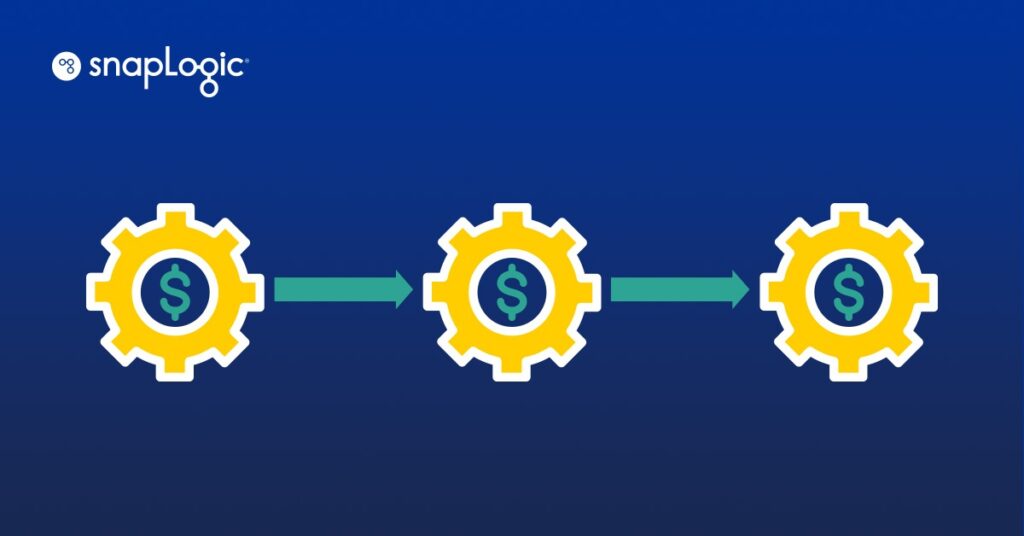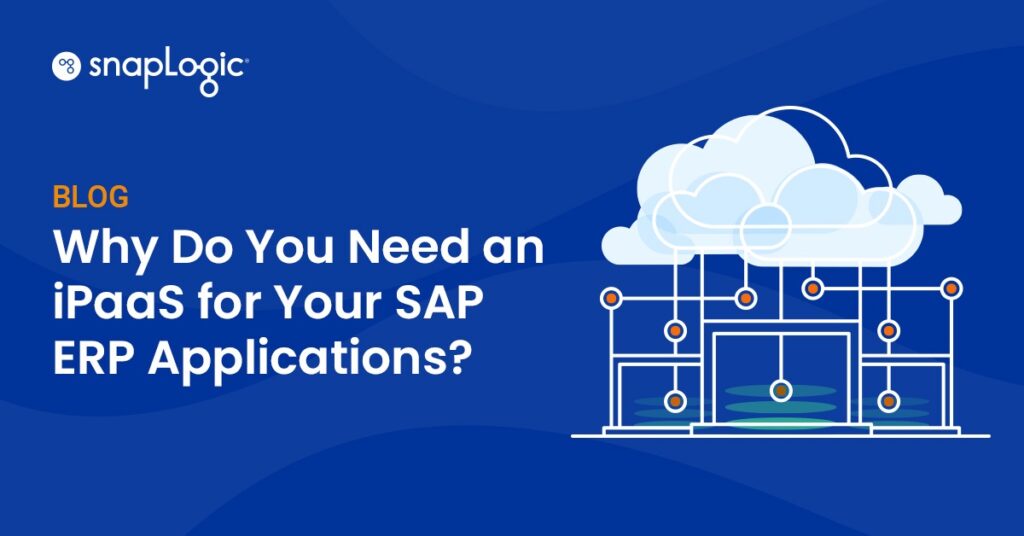What is Enterprise Resource Planning?
Enterprise Resource Planning, or ERP, is a type of business-management software that integrates all of an organization’s core processes into a single system. These core processes can include various departments, such as accounting, sales, or production. Enterprise resource planning helps to break down barriers between departments, helps create a uniform use of data, and prevents major differences between information and implementation.
Using enterprise resource planning delivers many advantages for companies. Advantages include better collaboration and lower operational costs. It also provides better insights about the business. Though enterprise resource planning systems can be expensive, due to the benefits they bring, they are seen as vital for mid-sized to large companies.
An enterprise resource planning system is based around a schema which is a defined data structure with a common database. This ensures that all of a company’s data and content is collected in one centralized location. This improves security by ensuring data integrity and greater accessibility. For example, a customer service consultant querying what is the CRM experience at a company can analyze data and view information from a single source.
Due to its importance and functionality, many ERP integrations have also been created. These integrations can specifically focus on a certain area of a business. Designed to break down ERP modules, SAP, one ERP solution, collates data from across a business. This allows for easier analysis, streamlining, and eliminating of redundant data.
Some of the biggest companies in the world are involved in providing enterprise resource planning. Oracle enterprise software is among the world’s most respected. It introduces cloud-based data storage and analysis. As well as offering improved efficiency and insights, being cloud-based allows for automatic scaling of an ERP solution. Another high-end ERP system is Microsoft Dynamics AX, which focuses on Finance and Operations. It helps companies to reduce expenses, optimize productivity, and increase profit.






